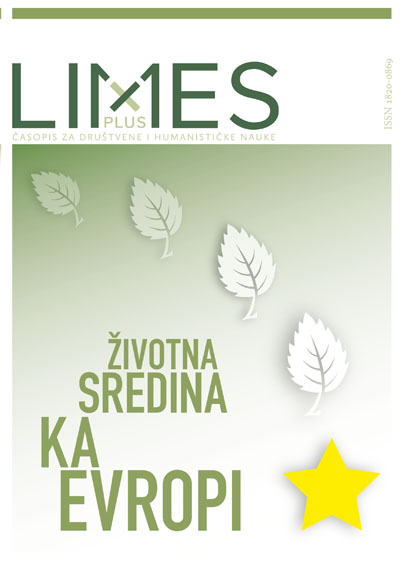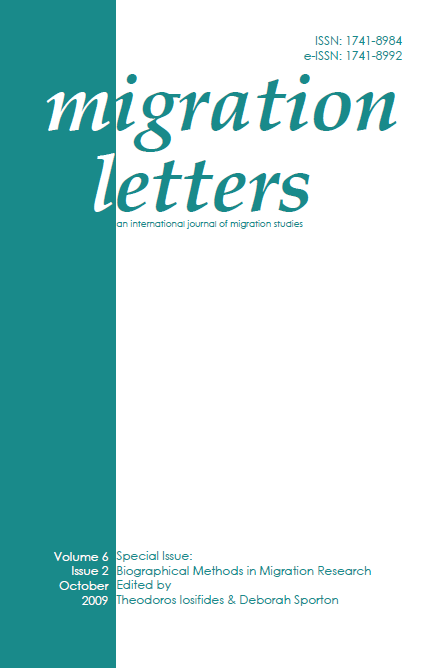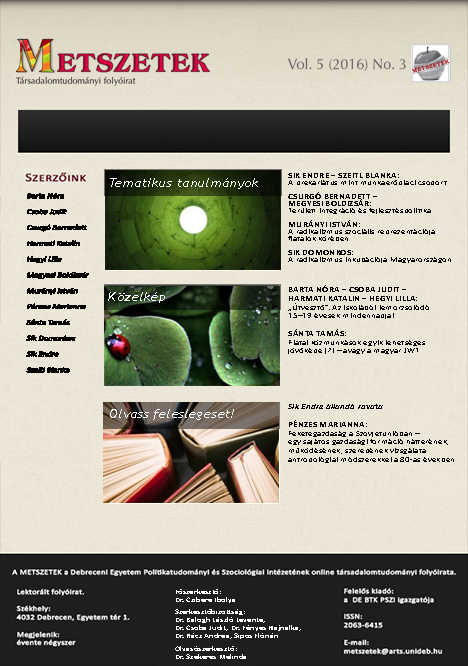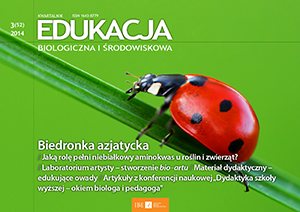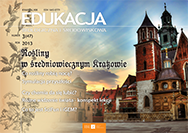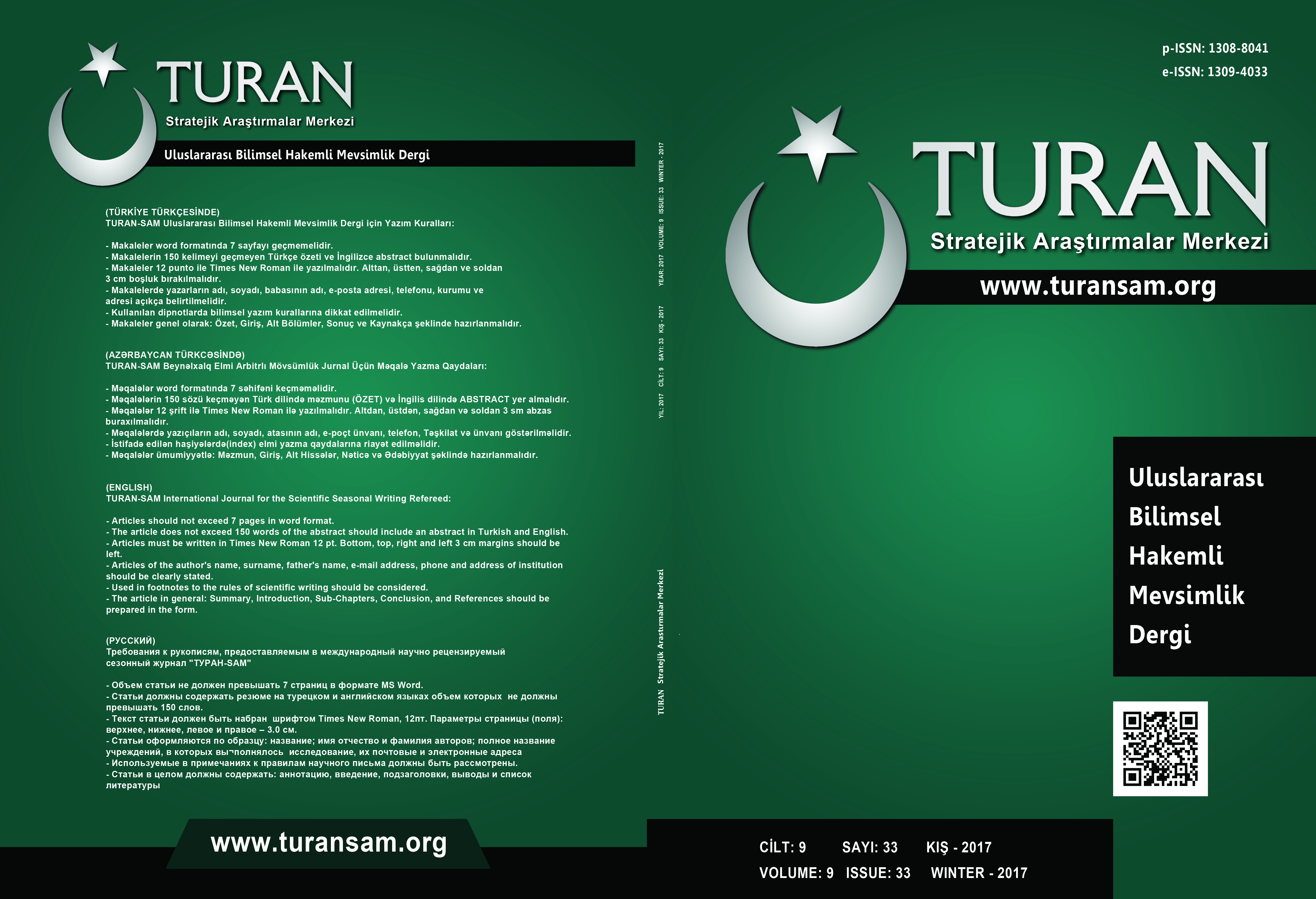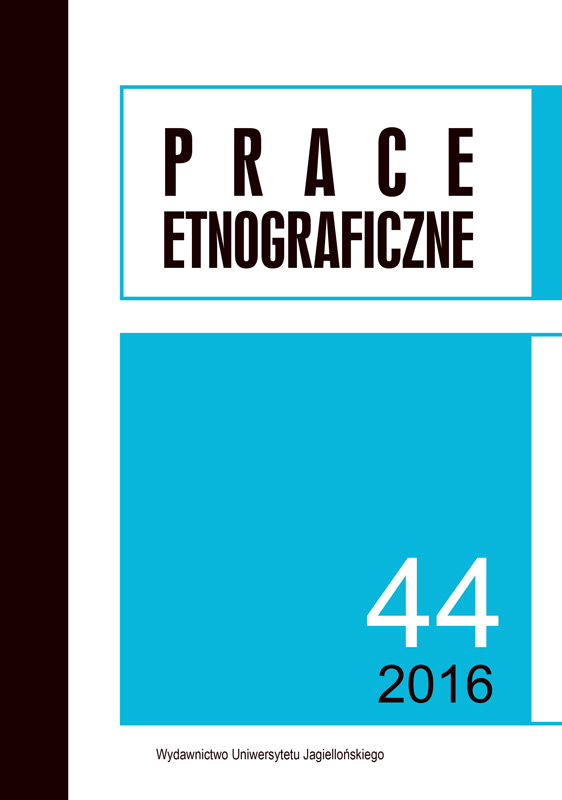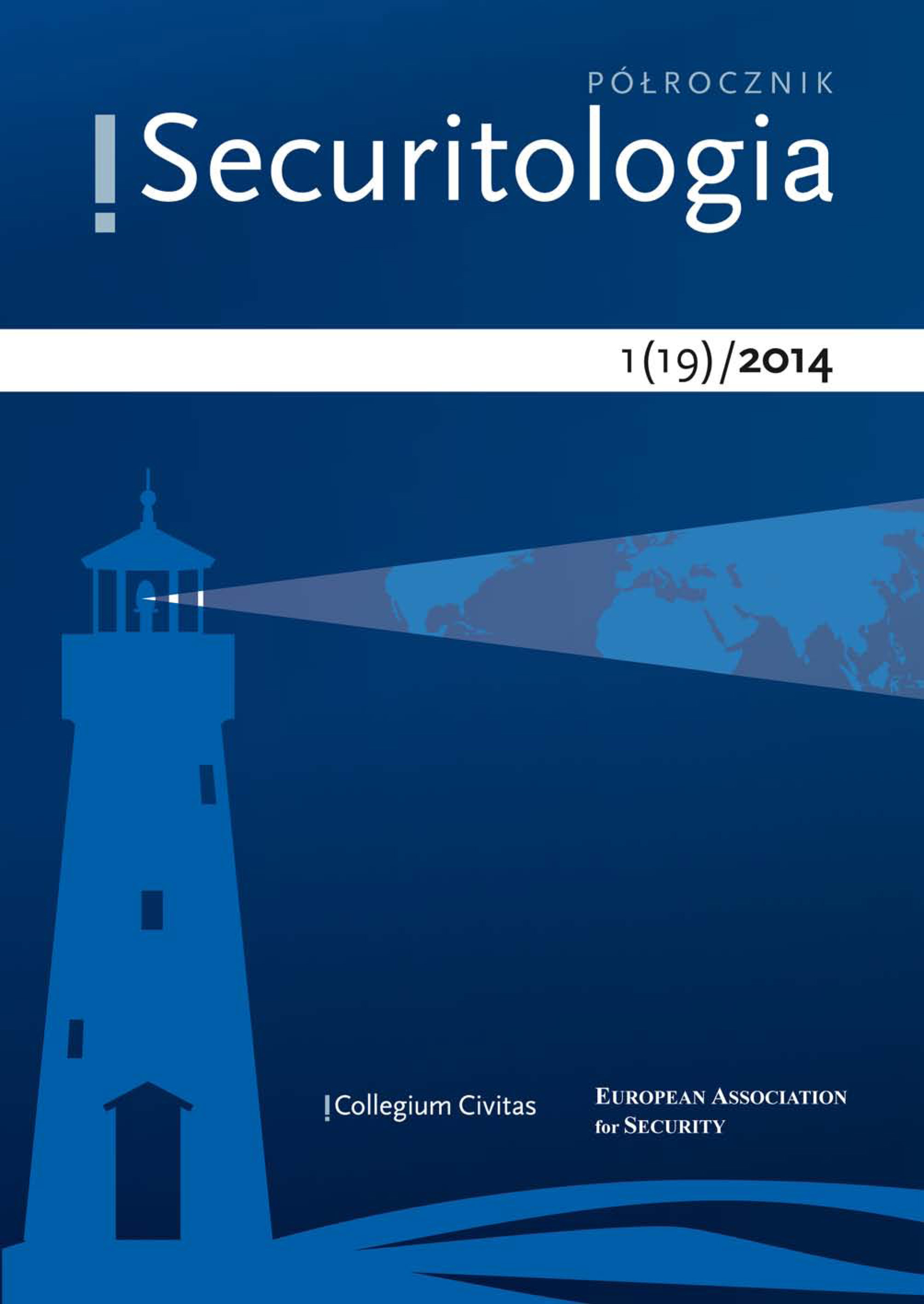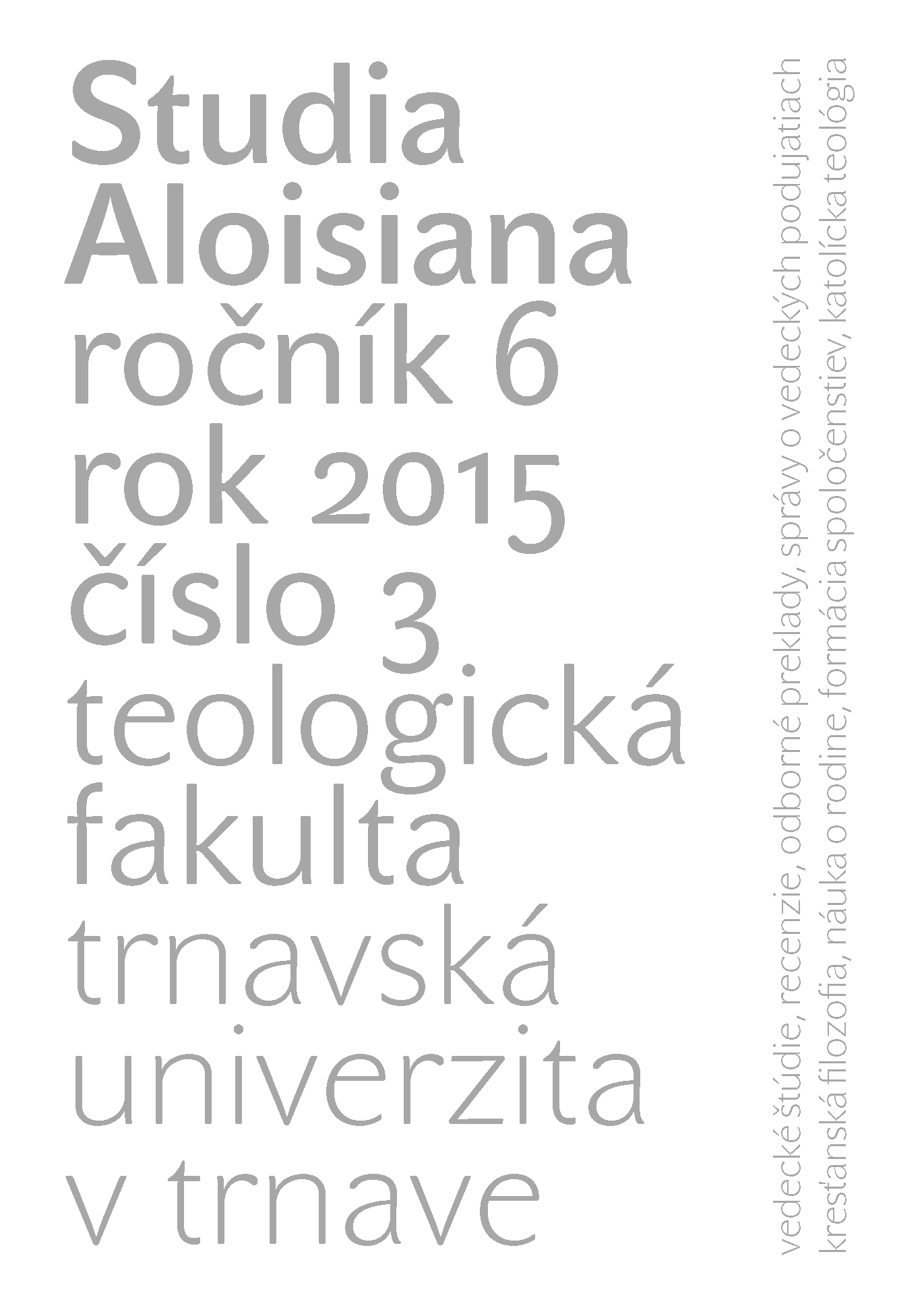
Trinitarian Perspectives on Ecology
The New Testament incorporates the concept of the Trinity to express the novelty of the message of Jesus Christ about the divine ontology. In Mt 28:19, we are presented with Jesus Christ resurrected who exhorts his disciples to announce the Gospel and to “baptize in the name of the Father, of the Son and of the Holy Spirit”. In Christian theology, this idea called for the elaboration of a new category of being: the substantial relation. Primitive Christianity thought that the deepest reality was this substantially relational reality. In fact, Father, Son and Holy Spirit are “to be for the other” absolutes in the single nature or divine substance. Then, God is conceived as a mystery of communion; thus, the expression perichoresis was elaborated to indicate this relationship. It means that each of the divine persons is in the other without confounding or annulling one another. The projection of this idea of a “God-communion” into a perception of Nature is present in some of the first theologians. This paper aims to show the Trinitarian understanding of Nature some of them had and the possible consequences for an ecological theology.
More...
